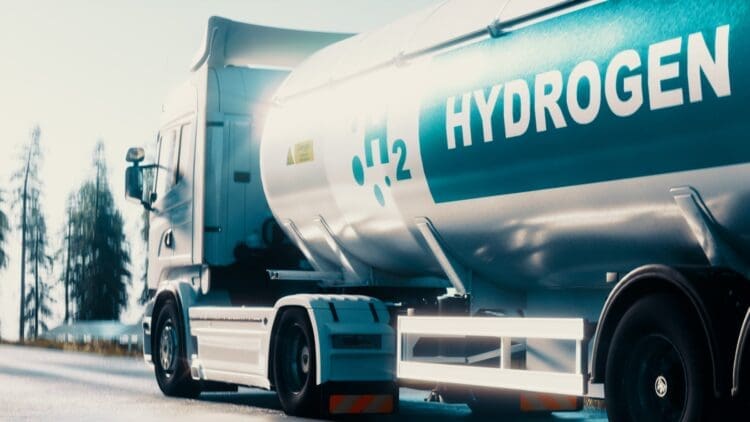The global energy sector transition has been boosted by the news that Austria has allocated €275 million to accelerate national hydrogen development. Hydrogen has emerged as the most viable and effective new energy resource that has huge potential to reshape the energy market globally. Several nations have invested substantial amounts of time and money in developing the renewable energy sector. The allocation of funds forms part of a broader scheme in Austria to develop the renewable energy sector through strategic and pragmatic investments.
Austria aims to become a regional hub for the hydrogen sector
The world has been grappling with the uncomfortable reality that the end of the conventional energy sector is upon us. For far too long, oil and gas have devastated the environment while admittedly driving advancements across several sectors.
As the world came to accept the reality of the energy sector, hydrogen has emerged as a pragmatic option for the world to consider. In that vein, Austria has announced its plan to invest €275 million to accelerate national hydrogen development throughout the country. The funds will support four new hydrogen projects being planned.
Austria aims to become a regional hub as the hydrogen sector gains traction
The Austrian Energy Ministry approved the funding in October 2025, with implementation handled by state-owned promotional bank Austria Wirtschaftsservice GmbH (aws). The Federal Ministry of Economy has noted the nation’s plans to become a regional leader and hydrogen hub, supplying the European continent with hydrogen services.
Austria has plans to invest €820 million between 2024 and 2026 in hydrogen production, storage, and infrastructure
The €275 million allocation forms part of a broader scheme to invest significant amounts of money over the next two years in hydrogen production, storage, and overall infrastructure. The planned spending would be regulated under the hydrogen promotion act.
Additionally, Austria is preparing a legal framework for a national hydrogen starter network, which would integrate hydrogen into the European grid. The new law, known as the Gas Industry Act, will be implemented in 2026.
Austria has also revealed that it plans to participate in the Southern Corridor project, which involves the establishment of a pipeline connection from North Africa via Italy and Austria to Central Europe. A new joint declaration between Germany, Italy, Algeria, and Tunisia has laid the foundation for bringing green hydrogen on an industrial scale to Austria and Germany by 2035, according to the ministry.
“Hydrogen and hydrogen-based fuels could avoid up to 60 gigatonnes of CO2 emissions by mid-century” – International Energy Agency
The Austrian government stated in September the developing of a national hydrogen import strategy, which aims to ensure future supply routes, partnerships, and investment security in the hydrogen sector. While Austria aims to invest in hydrogen infrastructure, Germany has seen the assembly of hydrogen components begin at the Bad Lauchstädt hydrogen facility.
Furthermore, Austria recently stated its support for phasing out Russian gas in the near future, a decision agreed by EU energy ministers at the Council of the European Union.
More substantially large hydrogen projects are being planned in Europe
The decision to invest millions in Austria’s hydrogen sector has boosted the sector’s ability to provide stability in the market. Austria’s neighbor, Germany, has recently added to the improving stature of the hydrogen sector by inaugurating a 10 MW green hydrogen plant. Hydrogen is the most abundant element in the universe, and the world has only begun to scratch the surface of the potential that the element has stored away. By investing in new hydrogen infrastructure, Austria will become a regional leader in the market as demand is set to increase over the next few years. The global energy market is evolving past what was previously expected.






